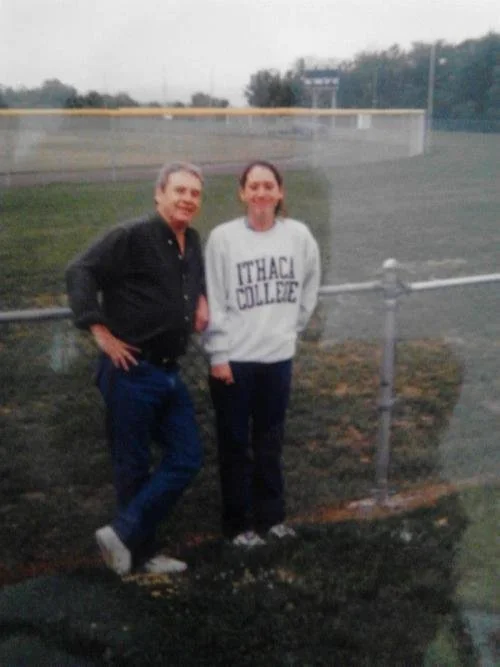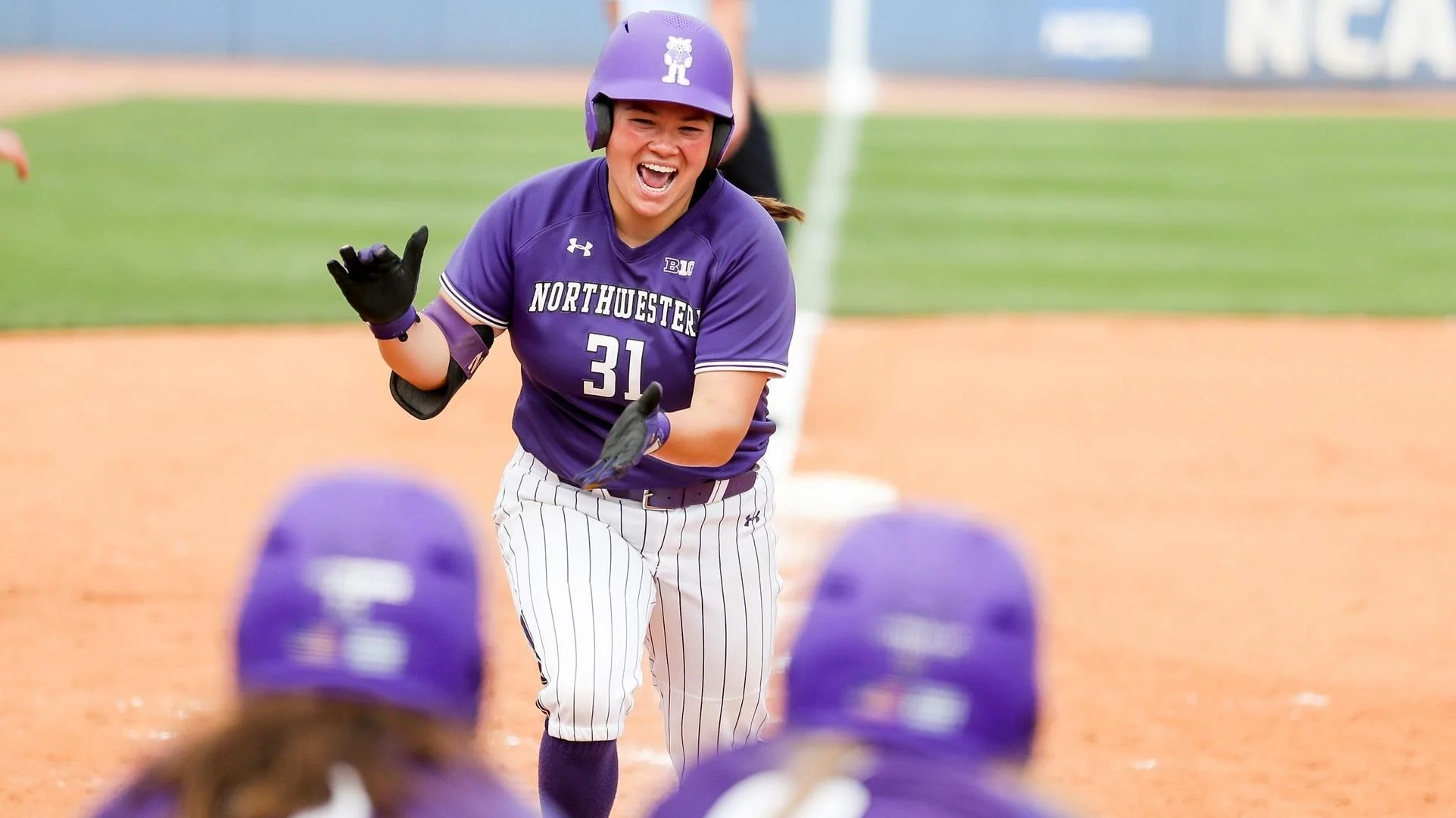What Should I Do During Practice, Exactly?
/Depending upon the season, the percentage break-down of maintenance, game prep and future practice differs. The closer a pitcher is to the season, the more game prep and the less future learning she should do. The offseason is great for learning new things.
When you ask, “How much time do I spend teaching my daughter all of these new movement pitches when she can’t even throw a strike?” look to the chart below for the answer. Apply this formula to a day or week of practice, depending on how you like to schedule it out.
Read More



















![How To Solve Issues With Your Game Performance [Document]](https://images.squarespace-cdn.com/content/v1/56a0f458b204d5ee03895a17/1712934044401-JE6MFTS6VK7EIH8XQ6QY/Game+Evaluation+Sheet-page-001.jpg)

